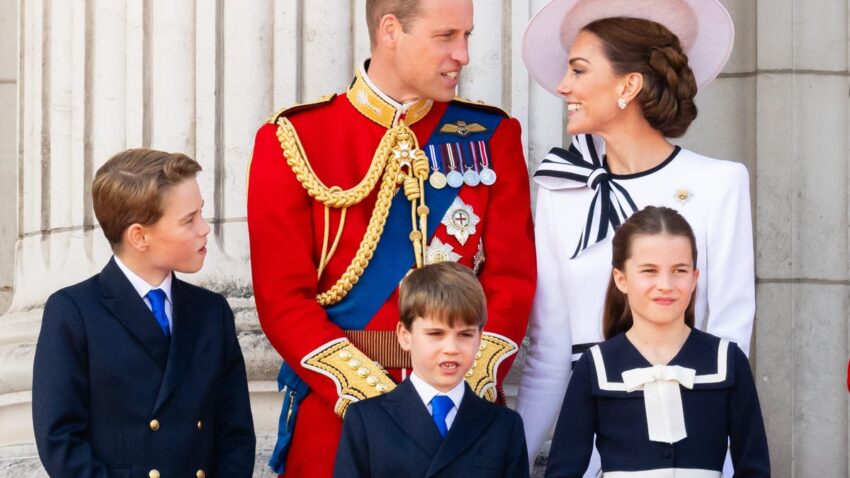In an intriguing twist, Prince William is gearing up for a return to the bustling streets of New York City.
The heir to the British throne is set to attend the third annual Earthshot Prize Innovation Summit on September 24, an event that has already generated considerable excitement.
Last year, his solo trip to the Big Apple for the same summit left a lasting impression, filled with memorable moments that had everyone talking.
However, this anticipated visit comes on the heels of some scrutiny regarding the funding of his travel.
Recent reports revealed that the British government covered the costs of his flights to New York, igniting a debate about the appropriateness of using public funds for royal travel.
Given that William has access to substantial private income, many are questioning why taxpayer money was used for this purpose.
The financial backdrop is quite revealing.
A recent report disclosed that Prince William received a staggering $30.4 million from the profits of the Duchy of Cornwall last year.
This historic estate, dating back to 1337, provides the monarch’s eldest son with a significant private income derived from land and various financial assets.
The Sovereign Grant Report, which outlines the monarchy’s official expenditures, included an appendix showing royal travel expenses exceeding $22,000, specifically highlighting that William’s commercial flights to New York were funded by the publicly financed Foreign Commonwealth and Development Office.
While the trip was marketed as an opportunity to promote the Earthshot Prize, an initiative aimed at environmental innovation, the question remains: how much are the royals willing to invest personally in their causes?
Despite the impressive profits from the Duchy, details on their personal contributions seem sparse.
The Prince and Princess of Wales have expressed a commitment to making a genuine impact, leveraging their platform to assist those in need.
However, translating that into financial support appears to be less straightforward.
It’s worth noting that William and Catherine are not entirely absent from charitable giving.
In the past year, they have made donations to various causes, including earthquake relief efforts in Turkey and Syria, recovery initiatives following Hurricane Burrell, and support for charities linked to the ongoing conflict in Ukraine.
Their philanthropic efforts also extend to mental health services, including support for the Shout Mental Health Support tech service they helped establish.
When considering their income, it’s interesting to put things into perspective.
The amount spent on these donations is less than what William and Catherine earn in just a day and a half.
Over the past couple of years, the couple has been actively reshaping their approach to royal duties, focusing more on addressing pressing global issues like climate change and mental health rather than simply engaging in traditional royal appearances.
This shift in focus is mirrored by King Charles and Queen Camilla, who are also striving to ensure that the monarchy remains relevant and beneficial to society.
The royal family is working hard to present themselves as a valuable asset to the British public, aiming to showcase their commitment to societal challenges.
Another layer of complexity arises when examining tax transparency.
Unlike his father, King Charles, who was known for his openness regarding taxes paid during his tenure at the Duchy, Prince William’s financial disclosures have been less forthcoming.
While Kensington Palace asserts that William pays an appropriate amount of income tax, sources suggest that the current level of secrecy surrounding the Duchy’s income contrasts sharply with the transparency of previous years.
As it stands, William’s wealth continues to grow, reflecting his position as the future king of Britain.
His earnings over the past year underscore a significant financial increase, with the surplus from the Duchy covering not just his official duties but also personal and family expenses.
Unlike a typical salary, his royal role is largely funded through the profits generated by the Duchy.
While it’s confirmed that he pays capital gains tax, the Duchy itself enjoys certain tax exemptions, provided profits are reinvested.
Additionally, William is believed to pay income tax on the distributable surplus from the estate, further complicating the financial narrative surrounding the royal family.
As Prince William prepares for his upcoming trip to New York, the juxtaposition of his royal responsibilities and the scrutiny of his financial dealings highlights the ongoing conversation about the monarchy’s role in modern society.
